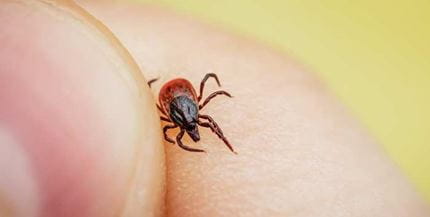Password Reset
Forgot your password? Enter the email address you used to create your account to initiate a password reset.
Forgot your password? Enter the email address you used to create your account to initiate a password reset.
Dr. Oscar Escobar discusses the history of human growth.
Educational objectives:
Upon completion of this activity, participants should be able to:
Reading Resources:
Disclosures:
Dr. Escobar has financial interests with the following any entity or entities producing health care goods or services as indicated below:
Accreditation Statement:
The University of Pittsburgh School of Medicine is accredited by the Accreditation Council for Continuing Medical Education (ACCME) to provide continuing medical education for physicians.
The University of Pittsburgh School of Medicine designates this enduring material for a maximum of 0.75 AMA PRA Category 1 CreditsTM. Each physician should only claim credit commensurate with the extent of their participation in the activity. Other health care professionals are awarded (0.075) continuing education units (CEU) which are equivalent to 0.75 contact hour.
For your credit transcript, please access our website 4 weeks post-completion at http://ccehs.upmc.edu and follow the link to the Credit Transcript page. If you do not provide the last 5 digits of your SSN on the next page you will not be able to access a CME credit transcript. Providing your SSN is voluntary.
Release Date: 5/7/2013 | Last Modified On: 4/16/2105 | Expires: 4/18/2016


